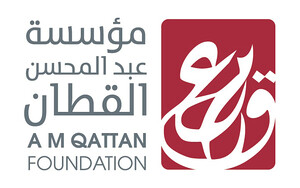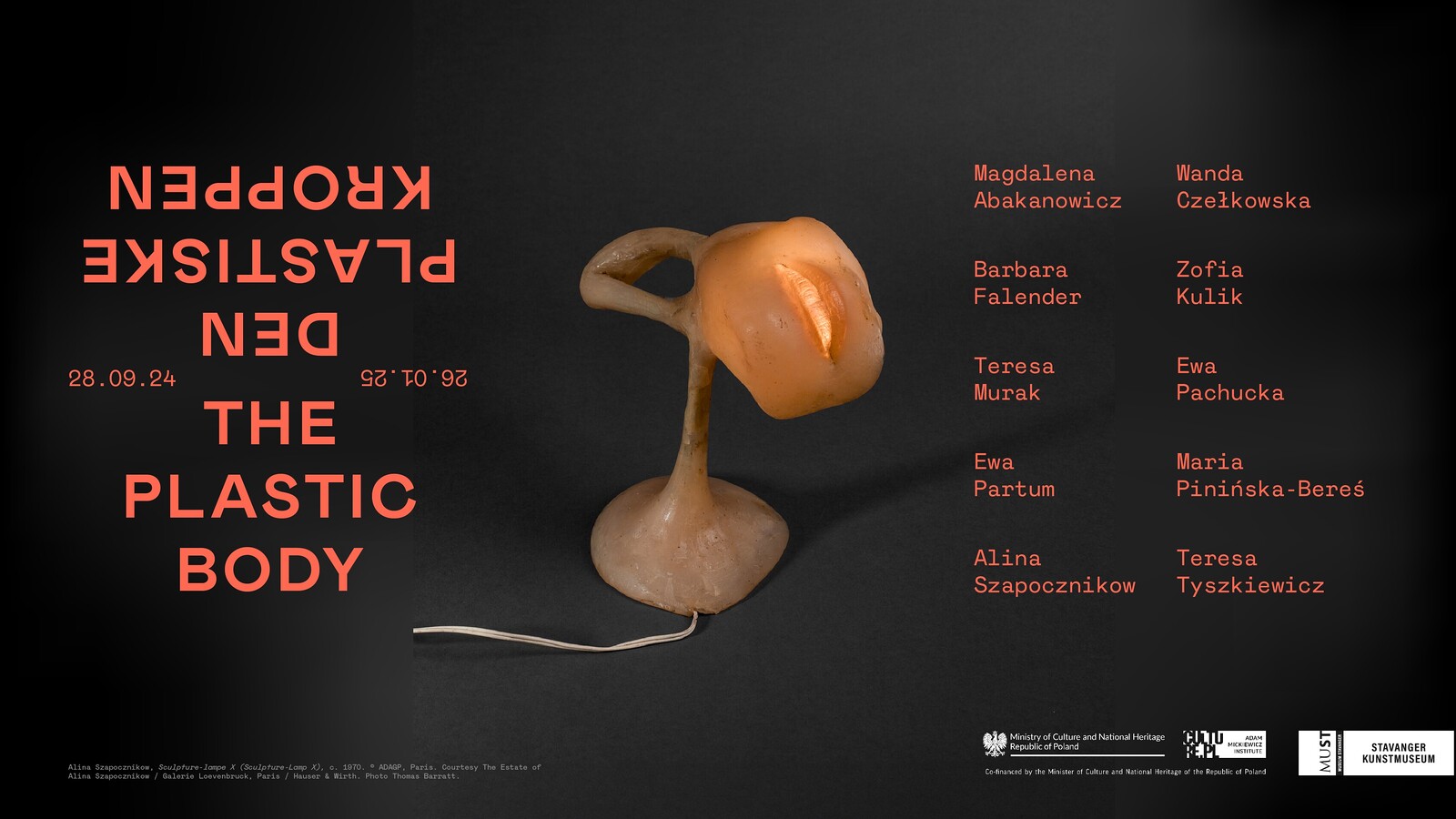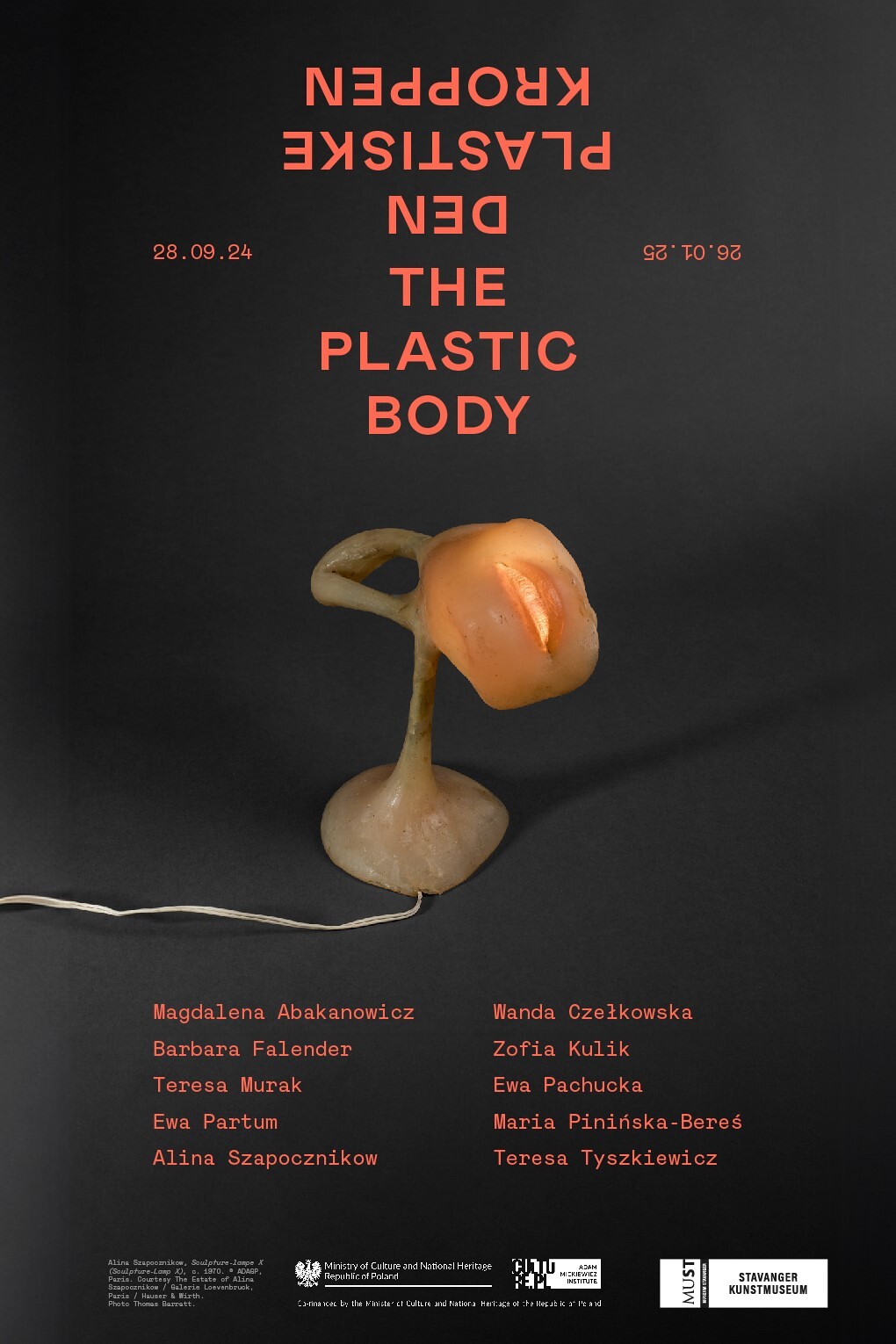Open call
March 1–April 15, 2017
27 An-Nahda Women Association Street
90606 Ramallah
Palestine
Hours: Monday–Thursday and Saturday 4pm–8am
T +970 2 296 0544
F +970 2 298 4886
info@qattanfoundation.org
The A. M. Qattan Foundation invites artists, academics, researchers, writers, collectives, filmmakers, poets, storytellers, and any others, to submit material and entries to be considered for the group exhibition Subcontracted Nations between March 1 and April 15, 2017. The exhibition will be launched at the inaugural opening of the A. M. Qattan Foundation’s new building in Ramallah, in October 2017.
The exhibition attempts to pose questions on the contemporary issues concerning nations and societies, political structures and a neoliberal economy, through looking at histories that did not contribute to the making of the present and the imagining the future. We invite creative practitioners to share with us their research, ideas and projections for the future on this subject.
The exhibition draws its title from the proliferation of worldwide processes of sub-contracting found in our world today―whether it is the sub-contracting of health services, or the privatization of public resources or education. These processes have been instrumental in the fragmentation and compartmentalization of public services and a diminution of the role and obligations of the state. Subcontracted Nations aims to shed light on the role of service providers, of the middleperson, of outsourcing, and on how far this has spread across our societies and to which magnitude this is influencing the management of nations.
Another question it is hoped the exhibition will pose pertains to how the different forms of neo-liberal subjugation of societies are being kept within socially and economically acceptable limits, yet considered optimal for preventing dissent and thus serving to maintain a delusion of social agency. The effects of neo-liberal mechanisms have become intrinsically entrenched in the production of day-to-day relations, from family and sexual relations to the practice of citizenship and the structure of politics. This imposition of neo-liberal mechanisms has contributed in numerous ways to the transformation of the individual through reformatory techniques, pre-designed lifestyles, dependency, moralization, and so forth.
If states are losing day-by-day control of the conduct, management and performance of vital services, such as housing, health and social security which have become privatized, how can traditional political structures and democratic processes practically serve as a mechanism for attaining better welfare services? What does citizenship mean within these conditions? What is the relevance of democratic politics, if the political parties eventually aspire to create coalitions and profitable partnerships with multinational corporations? What does the nation mean within this new order? How can we imagine the nation when it is reduced to a series of “sub-contracted” service industries?
If sovereign states are incapable anymore of fulfilling their main mandates to alleviate distress and poverty and improve the conditions of the majority of their citizens, and if some states are better than others in subsidizing welfare services or controlling the private provision of these services, then can we hypothetical engage in rethinking the politics of democracy through subcontracting other states to administer our nations and provide better services? How does that reflect on the evolving meanings of a nation and the imagining of future social structures?
The exhibition is co-curated by Tina Sherwell and Yazid Anani.
Each applicant may submit entries in relation to the formats elaborated thoroughly in the link below. Entries will be categorized into subjects and themes, corresponding with the main theme as outlined above. Applicants will be notified by the early May 2017 whether their submission is accepted and to which subtheme their entry has been assigned. Each of the subthemes will be structured from a combination of texts, images, audio recordings, objects and videos, arranged by the curators.
Link to the full document



